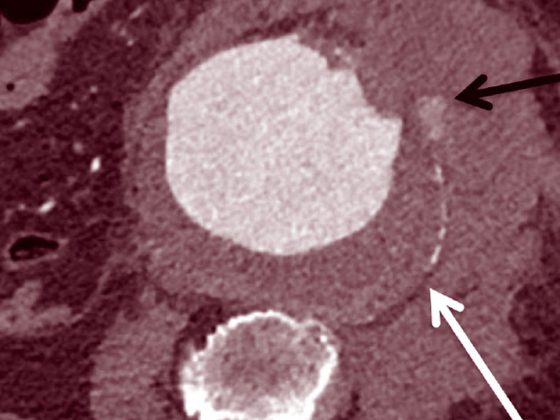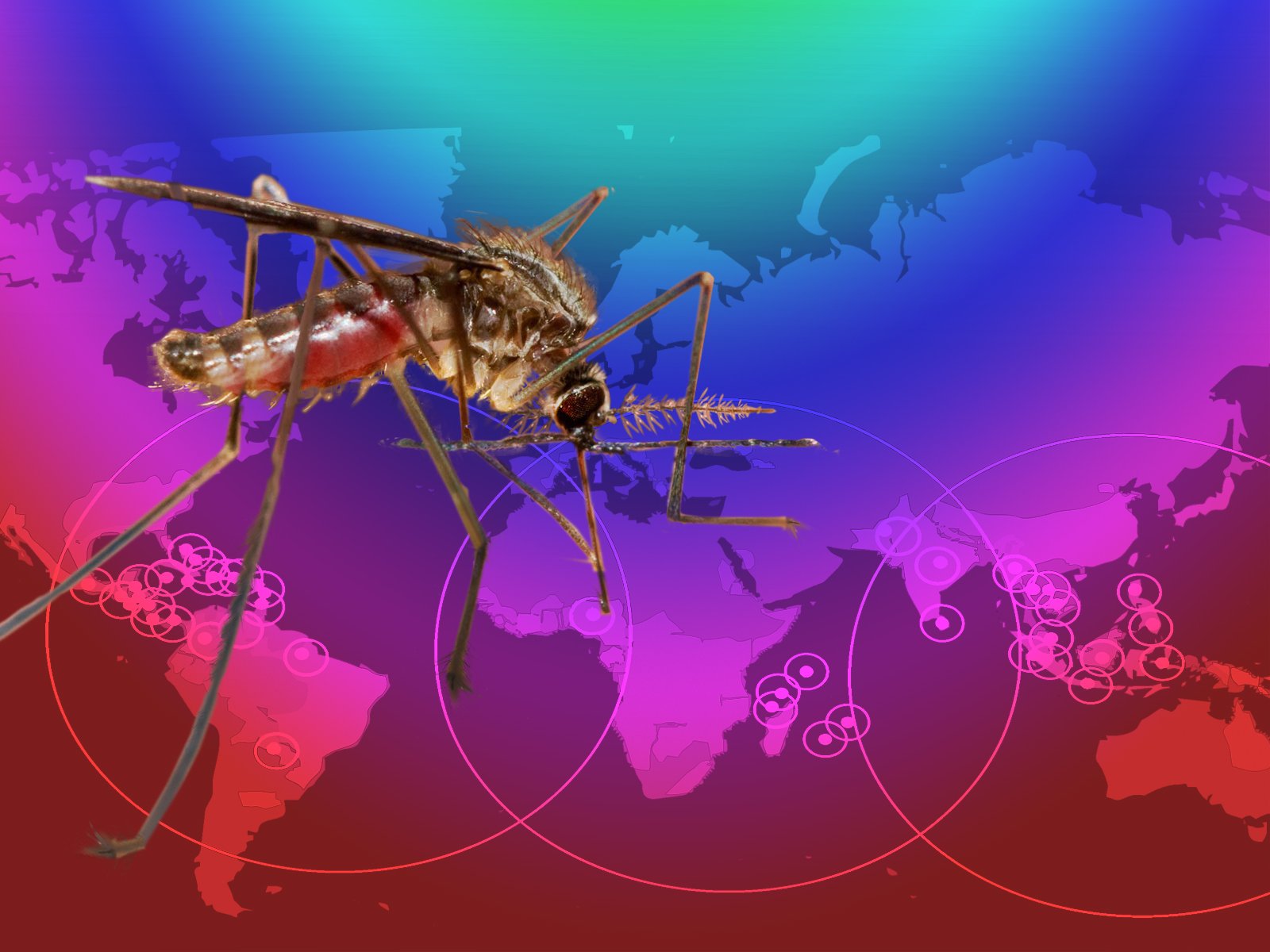The risk of late toxicities can be reduced and overall survival prolonged if the cancer patient has a stable nutritional status. Therefore, even overweight patients should not lose weight. However, every second person affected is malnourished during therapy.
Deficiencies in individual micro- or macronutrients are very common in oncology patients due to inflammatory metabolic status, gastrointestinal symptoms, and a change in dietary behavior. Even obese sufferers lose weight. What is generally a cause for celebration should be stopped in cancer patients. This is because malnutrition also affects the immune system. Reduced overall survival is the result, as shown in a retrospective analysis of over 1500 patient data.
If, on the other hand, the weight loss – which is mainly characterized by the loss of muscle mass – can be stopped, the quality of life and the prognosis of the patients increases. Validated screening tools, such as the Nutritional Risk Screening (NRS), can quickly detect malnutrition. The protein supply of patients can be assessed by laboratory determination of albumin, prealbumin, and transferrin.
Based on current body weight, a cancer patient should generally consume 25-30 kcal per kg bw per day. If weight loss is already far advanced, if the patient suffered from diarrhea or vomiting for a long time, the diet must be carefully restored. 10 kcal per kg bw and day is sufficient in the beginning. If well tolerated, it should then be gradually increased by 5 kcal kcal per kg bw per day.
Source: Erickson N, et al: Ernährungs Umschau 2018; 12: M686-M694.











